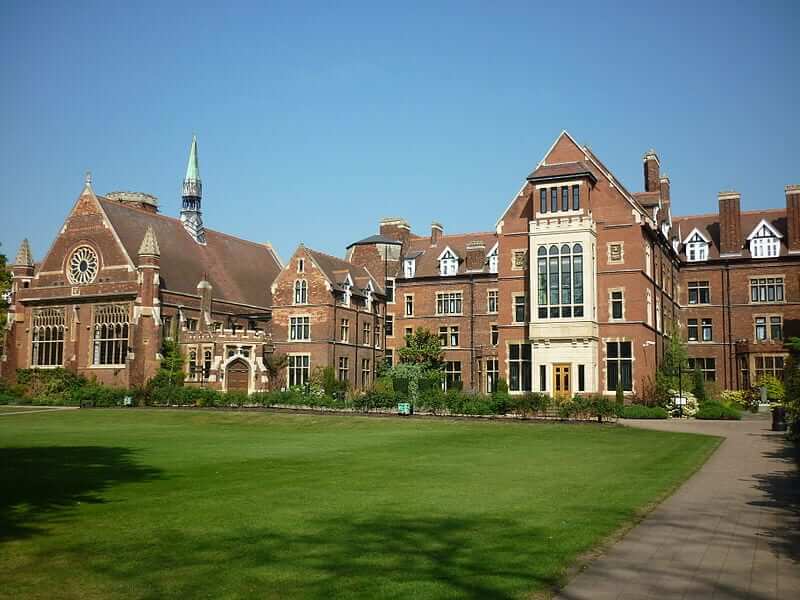Engaging with First-Generation Students

First-generation students face a unique set of barriers to entry when it comes to higher education. Without family members to guide them through the complicated process of admissions, and often in schools and areas that are ill-equipped to provide guidance, they can be left struggling to work through the process.
But, perhaps more importantly, they can be left feeling isolated, anxious, and uncertain – all feelings that contribute to pre-enrollment melt, or attrition after they arrive.
Supporting first-generation students cannot start when they arrive on campus: for many that is already too late. It needs to be proactive, it needs to start early, and it has to work with the objective of leveling the playing field.
There are huge strides to be made here – in policy, in marketing, and in our entire approach. We believe mentorship, when done right, can provide one tool for supporting first-generation students.
You have to make sure they have access to the right information. Several studies have found that prospective students from low-SES backgrounds are less likely to have access to information about college.
Proactivity
And the information has to be shared proactively. A 2017 paper published in the Worcester Journal of Learning and Teaching explained that: “some of the unwritten rules of how the system works appeared to be missing. Such rules would normally be available in the oral transmission from other family members. In particular, the unwritten rule that ‘it is ok to ask for help’ was not registering.”
Simply telling students it’s OK to ask for help is not enough. They don’t know who to ask, and sometimes they don’t even know what questions to ask.
Mentorship
Mentor programs are shown to reduce attrition and increase performance for at-risk students
That mentorship can come from a peer – someone who has been to university before – and that will contribute to leveling out the playing field, and giving first-generation students the sort of support students from high-participation areas will have access to.
With around 600 undergraduate students, Homerton College is one of Cambridge University’s largest colleges and, joining the university in 2010, one of its newest.
The university’s commitment to a more diverse and inclusive intake, combined with the college’s innovative approach, made Homerton a perfect partner for Unibuddy.
Fergus Powell was a student at Cambridge University and is now the Schools Liaison Officer at Homerton College. He said: “There are students from a wide range of backgrounds at Cambridge University, but because of historical reasons and messaging people can assume Cambrdige is a homogeneous place with not much diversity. There are things we can do to improve diversity further, but there are a lot of students with different backgrounds here that we should showcase, so students can see that there are other students like them. Unibuddy allows us to showcase that in a very obvious way.
“So far, our prospective students are really engaging with the platform. They are asking multiple questions and having long chats. Our ambassadors have been fantastic at giving really detailed responses.”
And here’s a real message from a Unibuddy – that was sent a few years ago to a prospective student. Since then, millions more have been sent like it – to students who are first-generation, or otherwise struggling with their concerns and questions about university.
“Glad I could help! I am from a working class background and was the first in my family to go to university. One worry I had when I was looking and considering other universities was that I wouldn’t fit in because of my background. This university is the complete opposite. It is such a warning and friendly place! It is not exclusive at all :)”


